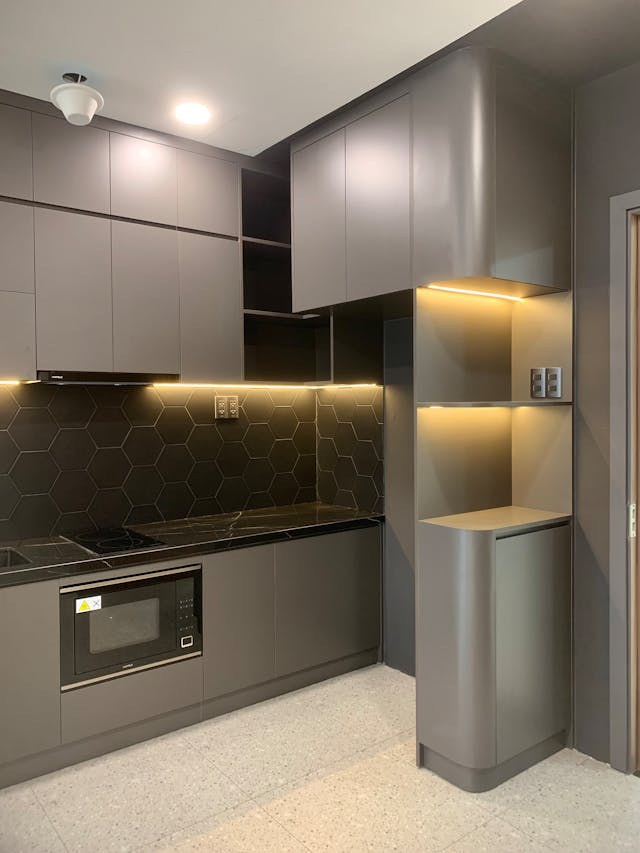Managing a business in the energetic Narrabri area comes with particular obligations and difficulties. Among these, keeping grease traps and interceptors may not be top on your to-do list but it should be. Any neighborhood restaurant or food chain depends on regular grease maintenance. Ignoring this factor could cause major problems compromising your operations and reputation.
Imagine this: a backed-up kitchen drain during lunch rush or a bad smell filling your property. These situations not only cause disturbance to business but also discourage consumers—something no owner wants to deal with. For success in our community’s vibrant culinary scene, then, knowledge of the value of grease maintenance is absolutely vital.
What then does grease maintenance consist of exactly? And why ought you give it top priority? Let’s go through these questions and see how good maintenance may ensure compliance with local laws and keep your company functioning without problems.
Why is grease maintenance valuable and what is it?
In commercial kitchens, grease maintenance consists of routinely cleaning and servicing of grease traps and interceptors. Before they find their way into the wastewater system, these systems are meant to gather greases, oils, and fats from cooking operations.
Maintaining these units is essential for many different reasons. It first avoids obstructions that could cause expensive plumbing problems. At the worst of times, a blocked drain could stop your kitchen from running as it should.
Good grease control also helps to preserve a hygienic surroundings. Greasy accumulations can draw bugs and produce offensive smells. Regular upkeep guarantees that your kitchen and surrounding areas are safe, clean, and appealing for guests.
Moreover, compliance with local health rules depends on good maintenance. Ignoring these guidelines could lead to fines or perhaps forced closure during inspections. Giving grease maintenance top priority not only speaks to your company but also to community health norms.

The effects of improper grease trap and interceptor maintenance
For local companies, ignoring grease traps and interceptors can cause major issues. These systems clog with fats, oils, and particulates when they are not maintained. Backups resulting from this can interfere with regular business.
Unwanted smells produced by clogs might also discourage consumers. The reputation of a company suffers when bad hygienic standards lead to an unappealing surroundings.
Moreover, improper management of grease could lead to expensive fines from municipal authorities. Maintaining a good reputation in society depends on compliance.
Beyond fines, inadequate upkeep adds to environmental problems. Often leading straight into sewage systems or natural water bodies, overflowing grease traps contaminate the environment and damage wildlife.
These effects highlight the need for consistent maintenance schedules for every institution engaged in food cooking or serving. Every owner should give environmental protection top importance as well as business protection.

Local rules and guidelines for Narrabri’s grease upkeep
Local rules in the Narrabri area on grease maintenance are rigorous. These regulations safeguard public health and help companies run within environmental restrictions.
Commercial kitchens have to be in place and keep grease traps or interceptors installed. Complying with these rules depends on regular inspections. Ignoring can lead to fines and maybe closures.
Every company has particular requirements depending on its kind and size of operation. Usually mandating regular servicing schedules, the local government sets monthly or quarterly rates based on usage levels.
Documentation of every maintenance action is absolutely vital. Maintaining correct records supports regulatory body audit or inspection compliance.
Companies should keep educated on any legislative changes that can impact their business processes. Speaking with professional service providers will help you remain current on regional legal duties and best practices.





